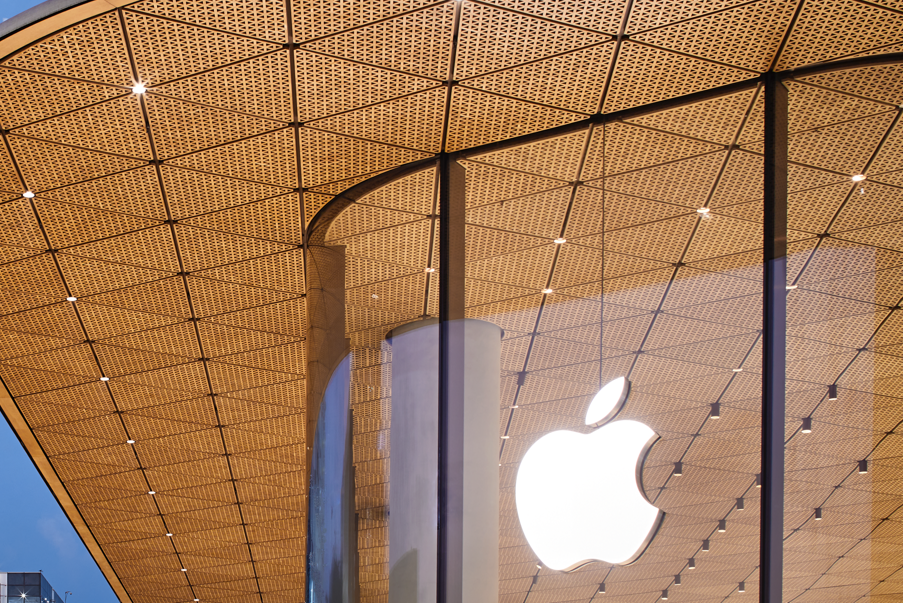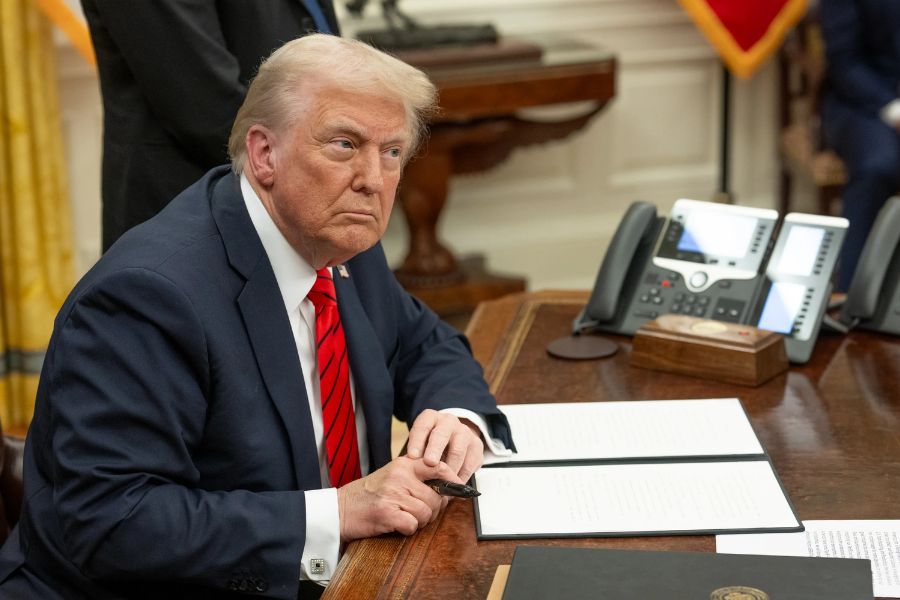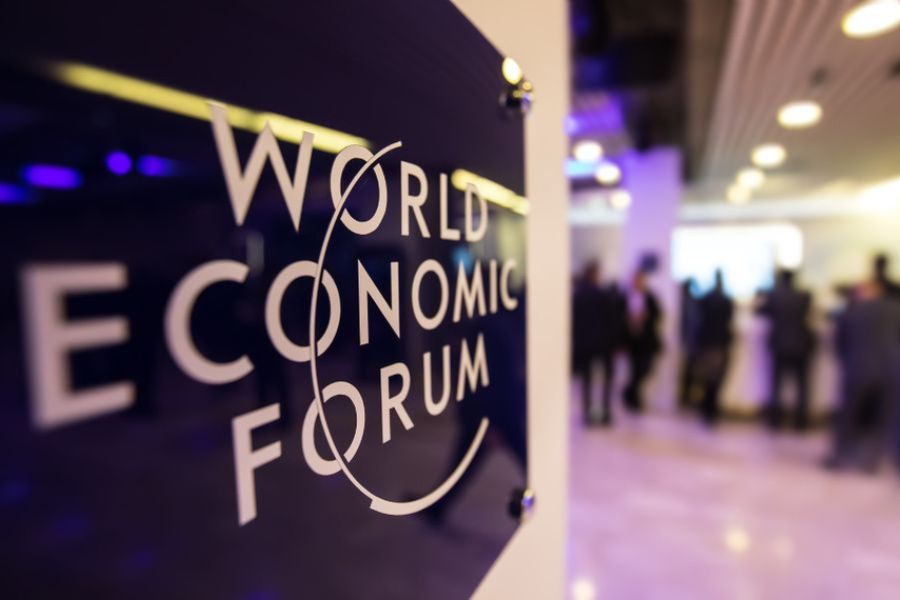2016 has brought its fair share of political shocks. Mainstream media astonishment, activist outrage and pollster inaccuracy followed both the US election and European Union referendum results, bringing home the extent to which party politics has become disconnected from the people it supposedly represents.
Part of the problem is the way in which we now receive news. There is no doubt that a huge amount of people now get their news via their social media feed. These are echo chambers and filter bubbles. New and surprising perspectives are filtered out in favour of attitudes and arguments that reaffirm what we already think. This is taking confirmation bias to a whole new level.
But even more than this, people are now only fighting for agendas that reflect their own narrow interests and make up their own identity politics. Politics used to be about representing lots of different interests fairly, making choices about which groups got what and when – but at least over time trying to give something to everyone. Now everyone just wants everything for themselves, with no second thought about who has to go without.
Now that has to change. Politics has to become more inclusive.
This will be enabled partly through technology and partly through people’s appetite to better educate themselves about the issues. And through new messaging platforms and public spaces, people are finding new ways to get more involved in politics.
In South Korea, they are promoting a more open and transparent digital system, aimed at realising true democratic decision-making. New political cafes are opening up for people to meet to discuss political issues with real people, in real life. In Cambodia too: Politikoffee in Phnom Penh boasts 300 core members who meet every week to drink coffee and talk politics. But it’s not new – Firebox London, a Bloomsbury cafe run by activist Clare Solomon, opened in 2012. And it feels as though this concept is about to move from niche to mainstream.
Line was set up after Japan’s tsunami in 2011, when the usual channels of communication had broken down. Now it is the most successful messaging app in Japan, with more than 200 million monthly active users. There are now Line cafes where it seems young people are going to discuss politics with the sole aim of gaining a greater understanding of the issues.
Last year in Tanzania, political campaigners took to WhatsApp because they could cut across demographics to reach large audiences and utilise the cheap on-demand data bundles. As a platform, it has been used as a test bed for messaging that will then be deployed in more mainstream media.
But, often, messaging apps are used to connect with voters in a more authentic way.
In a fairly recent Australian election, activists opted to communicate with the Chinese-speaking electorate through WeChat. Messaging 50,000 voters with information about the Labor party’s policies on immigration, they infiltrated the Chinese communities in a way that felt more honest, local and trusted – and was, to all intents and purposes, invisible to the official party communications staff, and defeated them.
So alternative media is enabling alternative messaging, giving people ideas about alternative policies and possibilities. People don’t want one message via one medium any more – they are increasingly interested in different perspectives. And Perspecs may be the best example of that. It is an app that aggregates news stories but goes further, offering readers different perspectives and opinion on the same story. This gives people the opportunity to eschew the echo chamber.
The big learning is surely that just as politics is about considering alternatives (alternative ways of spending money, of prioritising projects, of policy outcomes), so political discourse should be about political alternatives too. The mainstream media gives us one view of the world, one voice of the voter, and guides us to one probable outcome. Then comes the shock when it doesn’t pan out as imagined. But that’s the thing: if you only imagined one possible outcome, you deserve to be shocked. The media, policymakers and, yes, marketers must get better at discussing and exploring alternative outcomes. Some may be undesirable but one should come to that conclusion after investigation, not before.
In-built bias is preventing us from considering all kinds of alternative possible futures and that is creating the feeling that the world is becoming more unpredictable. It isn’t. It’s just that we have become less imaginative.
(Tracey Follows is chief strategy and innovation officer at The Future Laboratory. This article first appeared on CampaignLive.co.uk)




